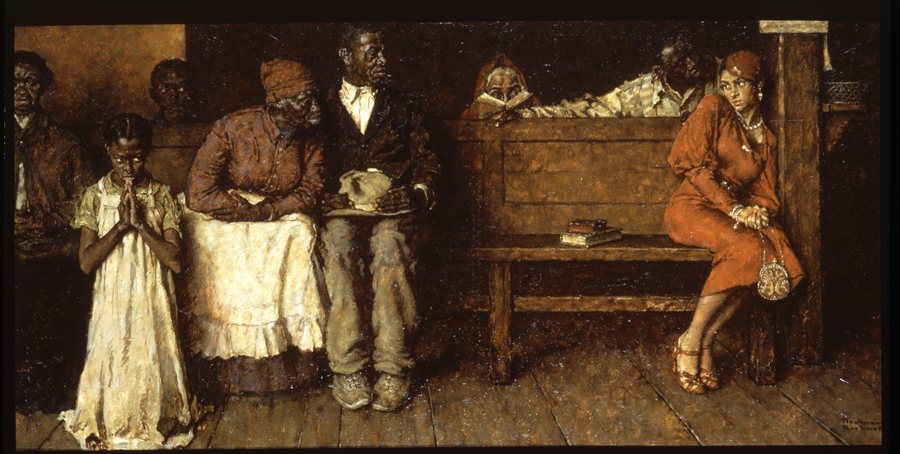Understandably, every individual will have different view points on local, national, and global issues. In the United States of America, differences found therein between those affiliated with the Democratic and Republican political parties can and are addressed cordially in the forum of our U.S. Congress. Through measures of time speaking allotments given to congressional house representatives and senators, we afford space to each other to broach the pressing topics of the day. Our congressional leaders sit and listen to one another following parameters of conversation that follow prescribes rules of engagement. These leaders discuss how to move forward on a variety of issues, and ultimately write bills, or law-binding legislation which shapes the governmental process and affects the entire population of the country.
What kind of educational priorities are required to shape and create courteous, public orators who can think critically, be mindful of how they say what they say, and go forth to responsibly address the nation’s dilemmas? There are human rights issues, military deployment and foreign war spending matters, balancing the federal budget (which prioritizes how and on what money is spent on, and from where it will be made), the creation and cutting of regulations which protect and allow business and enterprise to grow on the local level, adequately solving immigration, bringing balance to global trade as it pertains to the United States of America, protecting the environment, curtailing the opiod crisis that is a major health crisis for so many, and so many more matters of local, national, and global importance. In order to talk about these, our congressional leaders must speak articulately and persuasively to the rest of the congressional representatives and senators which belong to both houses of Congress to find common ground where need be, in order to bring resolutions forward and have them become law.
Informed citizens hold these governmental leaders accountable by observing their work and their intents, bringing questions forward on the grass-roots level, through social media platforms, through published essays on the internet and through local newspapers, through television network news shows, and through daily conversation with each other at the local level. The question I put forth though is, is it enough?
- Do we in the United States of America have enough well-informed, advocating critical thinkers on the local level to effectively patrol and affect the process of democracy at the highest levels of government; the congress, the executive office and judicial levels, from local courthouses to the U.S. Supreme Court?
As it is, I posit that we do not actively create a wealth of advocating critical thinkers who will responsibly bring forth questions, ideas and interjections using sensible parameters of discussion and communication, and that such a responsibility must rest upon the shoulders of individuals. Parents and educators are the first line of instruction in our lives, and these hold the greatest intellectual power in shaping our view points. In that same manner, parents and educators do not operate in a vacuum, but are themselves shaped through the informational input of modern media, educational upbringing, and the views of their own families and those in their community, to an extent. So the whole village affects the whole village, and we are all in the boat together, so to speak. Hence, though parents and educators be the crucial spokespersons that shape hearts and minds, they (we) are but special filters of the local and national village. It is then possible to positively (and negatively) bring about social change from any level, given that the sources of change be consistent, act responsibly, and in the best of cases, intend to altruistically seek the empowerment of hearts and minds, rather than the actual controlling of hearts and minds.
We have an uncanny sense of telling when someone is being true or fake. Sometimes we can be fooled for a time, “but you can’t fool all the people all the time, (Bob Marley).” Eventually, we realize the real intents of the heart in each other over time. People get voted out of office and new ones enter. We start and end relationships, and we incorporate new ways of thinking, making us more mentally flexible. These are the traits of critical thinkers. We are a bit more braver to present thoughts, speak up, stand up for our rights and the rights of others, and we believe that we can make a difference.
The more we are mindfully aware that our young American democracy is helped through the rise of selfless advocating critical thinkers, the greater are the checks and balances of power on each other, and the richer our national conversation is kept. We begin to move away from allowing sensationalist news headlines sweep us away, and we begin to stick harder to finding common ground in releasing the social anchors that weigh us down.

Comments